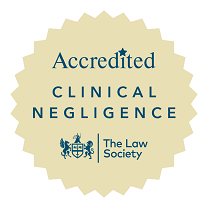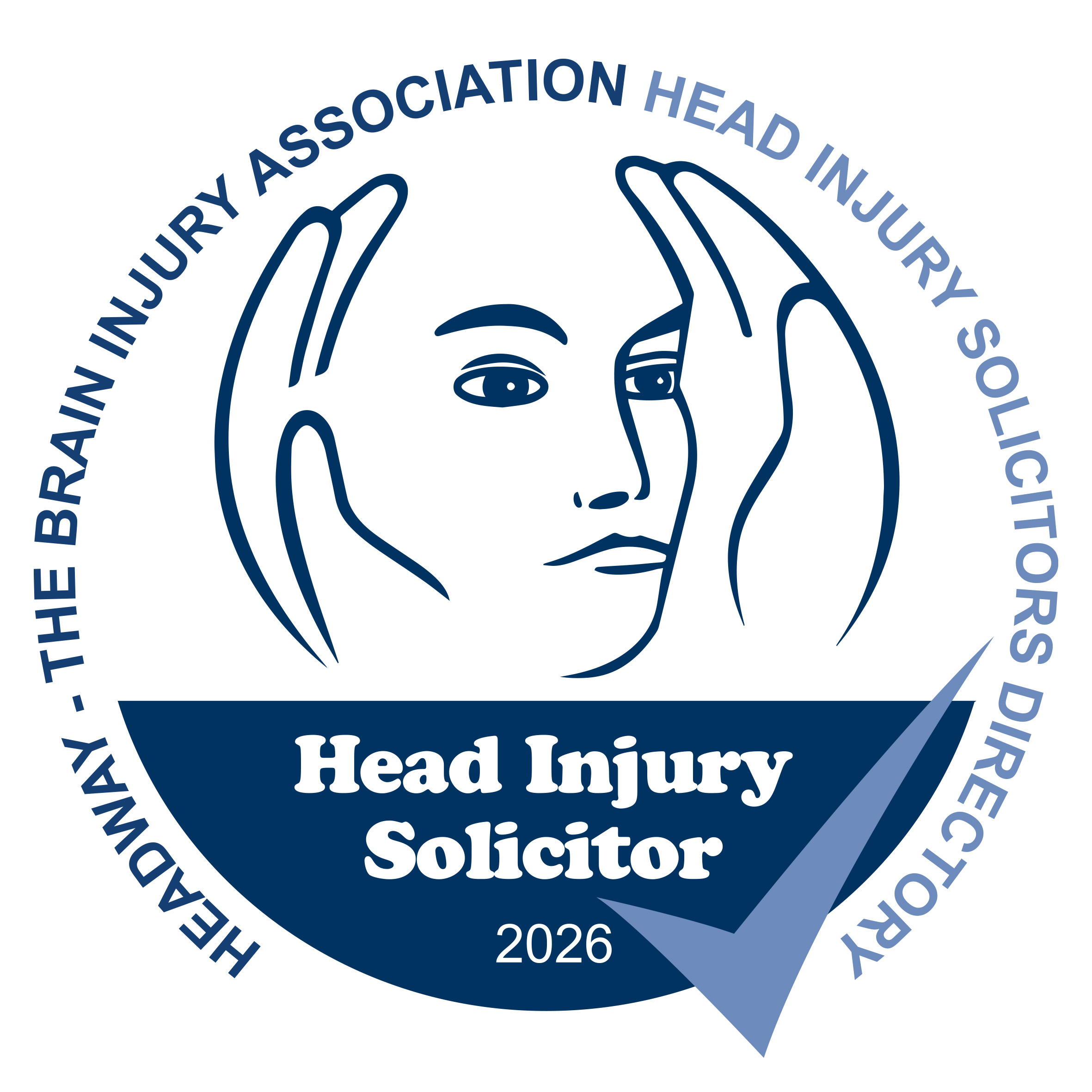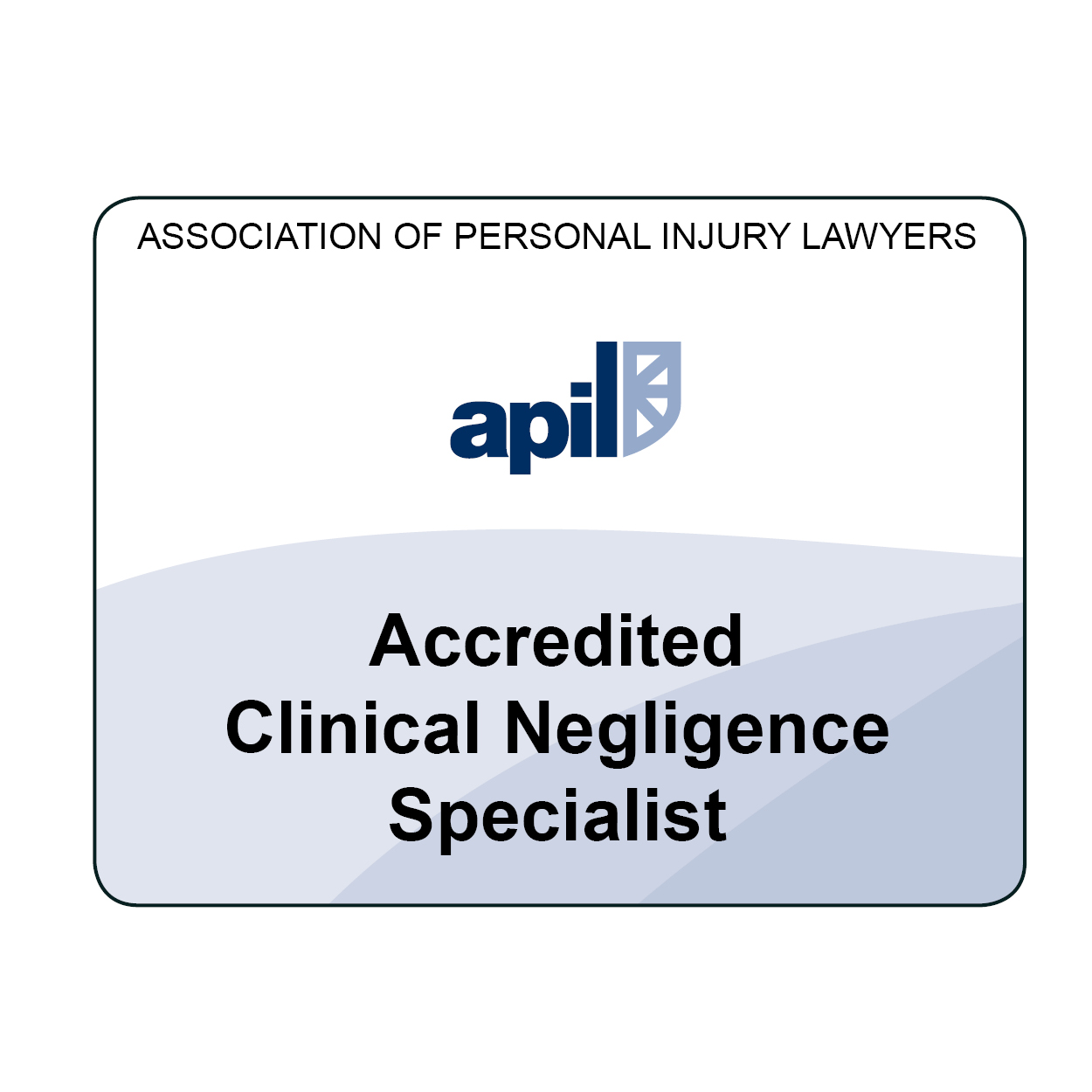Southend Hospital is providing substandard care across multiple fields and continues to place patients’ wellbeing at risk, according to a Care Quality Commission (CQC) report made public at the end of July 2016.
Having assessed the Southend University Hospital NHS Foundation Trust-site for three days in January 2016, the CQC deemed a number of operational fields at the hospital as “in need of improvement”.
Staffing ratios frequently fell below the standards required to meet patients’ needs, and indeed those set out by NICE guidelines. Whilst hospital authorities were quick to respond when these concerns were highlighted, the CQC still deemed failures to have impacted negatively on patient safety. This issue was compounded by inadequate staff training, deemed by the CQC to have arisen as a result of inadequate safeguarding processes put in place by hospital authorities.
Back in 2013, we reported on the failings of several Essex hospitals – one of which was Southend Hospital – and in June 2014 Southend Hospital was singled-out as having one of the worst A & E departments in the country.
Concerns were also raised in relation to the frequency of serious incidents at the hospital, with the ophthalmology department alone recording 16 during the period examined. What’s more, despite these incidents being accurately recorded, there was limited evidence of procedural and personal lessons being learned, and subsequently little prospect of improved patient safety at the hospital. This may in part have been due to the inconsistent nature of investigations into such incidents, which followed different procedural templates, rarely remained “robust” in their approach and frequently failed to identify key learning points.
Staff at the hospital were also frequently found to be failing to meet their “Duty of Candour” to patients. Essentially, this relates to a policy of openness and apology when failures take place, with patients kept informed and fully supported in such instances. Whilst staff understood the nature of their duties in this respect, few had access to up-to-date literature on the topic and several patients did not receive adequate responses when care fell below acceptable standards. Record-keeping in regards to this issue was also marked as an area of concern, particularly for medical directors.
The CQC also concluded that more clinical input must be put into decisions to cancel operations, and that the trust must invest more effort into clearing the backlog of patients currently on the waiting list for follow-up appointments in in ophthalmology and respiratory services.
One area of particular concern related to the need for better record-keeping in relation to the temperatures of medicine storage rooms. Concerns were raised surrounding whether or not medicines were stored at the correct temperatures, and as such could remain effective or indeed safe.
Whilst the CQC report acknowledges general improvement in care standards at the hospital since their last evaluation, patient safety remains compromised across a number of fields.
Commenting on the report, Jason Brady, clinical negligence solicitor at Essex based law firm Blackwater Law, said:
“Whilst Southend University Hospital NHS Foundation Trust appears to have made improvements, it seems patients are still at risk of receiving sub-standard care and the potential for medical negligence still exists, particularly in departments where there are staffing issues.
“It is also very disappointing to hear of the current reporting practices that fail to provide for effective organisational learning where mistakes are made. Without rigorously investigating, reporting and learning from mistakes, instances of clinical negligence will continue to occur and patients will continue to needlessly suffer as a result. Any instance of avoidable clinical negligence is a tragedy for the patient involved and their family.”
If you or someone close to you has been impacted by substandard care at Southend Hospital, or any other hospital, you may be entitled to seek clinical negligence compensation to cover any on-going care needs, incurred expenses and compensation for pain and suffering.
Contact Blackwater Law clinical negligence solicitors in Essex today on 0800 083 5500 today and receive free initial advice and support before deciding whether to seek recompense. You will speak with a specialist clinical negligence solicitor based in Essex, who will give you expert, free medical negligence claim advice.





